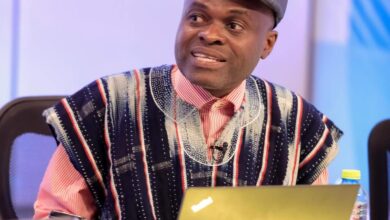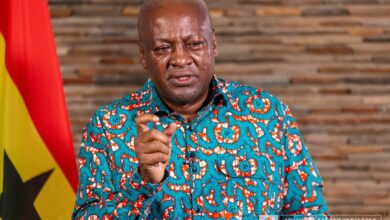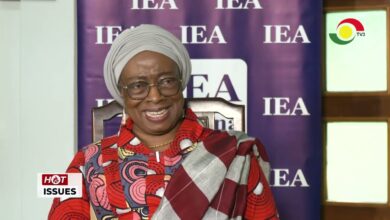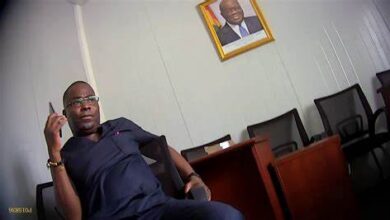Joyce Bawa Mogtari Writes: Communication 101
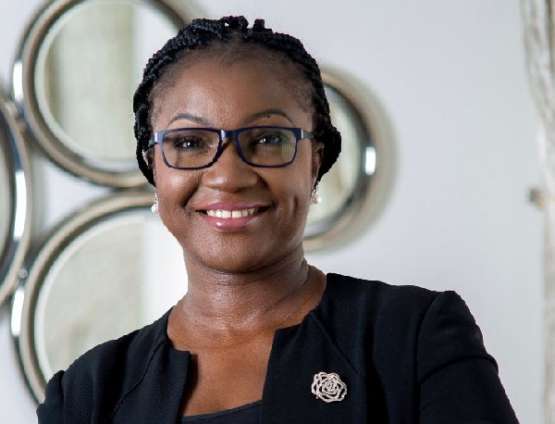
If poise and body language were personified, the award would undoubtedly go to President John Dramani Mahama, and of course, Vice President Naana Jane Opoku-Agyemang. Their composure, body language, gestures, choice of words, tone and overall demeanour reflect a level of communicative excellence worthy of admiration. As communicators, we ought to give them their due accolades.
From his days as the Spokesperson for the NDC Parliamentary Caucus, to his tenure as Vice President, President, Former President, and now President once again, John Mahama’s evolution as a communicator is a masterclass in grace under pressure. His panache and dexterity are vital assets and the essence of his communication style. It is this same poise that scholars and political analysts will continue to study for generations to come.
Effective communication, aside from speaking well, is also about emotional control. It’s about keeping a cool head even in the face of provocation, lies, insults or threats. In such a situation, you must learn from the best: manage your emotions and rein in your temper, especially during debates. The moment you lose your composure, you lose control of the narrative.
If you’re anything like me, it’s best to avoid debating those who rile you. Once they sense your emotional vulnerability, they will poke and wind you up until you react. And once you react emotionally, you forfeit your poise – and potentially your dignity. You might even, in the heat of the moment, throw a tantrum or as our respected sister Hon. Ursula Owusu once did, you may throw a punch or theatrically protest by sitting on the lap of Hon. Akandoh – perhaps in jest but still unforgettable.
So as communicators, we are duty-bound to master our emotions. Guard your thoughts, temper your reactions and stay composed. One modern-day communicator who exemplifies this is Felix Ofosu Kwakye. Watch him speak and you’ll notice his measured tone, calm delivery and sharp command of the facts. He rarely shows emotion, yet calmly dismantles his opponent’s arguments with clinical precision. He expresses his indignation not through rage, but with clarity, logic and calm authority. His knowledge and mastery of historical contexts, facts, figures and strategic use of language elevate his message above the noise.
Beyond knowledge and content, effective communication requires composure and clarity. A great communicator is confident, strategic and coherent – always mindful of tone, structure and decorum.
Just a few weeks ago, we witnessed Mr. Stan Dogbe, previously the Director of Media and Communications for then former President Mahama, also deliver a compelling moment of poise. In response to the Minority Leader’s petition and using the leader’s own words, Stan calmly yet powerfully remarked, “But you know that President John Dramani Mahama is not a vindictive person.” The tone, timing and conviction with which he delivered those words said more than any lengthy defense ever could.
A strong communication message is strategic, direct and unambiguous. It is delivered with clarity, often in just a few words. You don’t need to gaslight, overtalk or use unnecessarily ornate language. As lawyers would say: no need for highfalutin verbosity.
At its core, effective communication is beautiful especially when one chooses their words with care, speaks succinctly, demonstrates subject-matter mastery and engages with facts, not emotion. Avoid arrogance, avoid offense. Your job is not to insult or overpower; it is to inform, persuade and lead.
It is in your best interest as communicator to show respect at all times. Because in any debate, the calmer you are, the better you are able to think on your feet, and the clearer your thoughts. And the clearer your thoughts and ability to demonstrate knowledge, the more powerfully your message will land.

